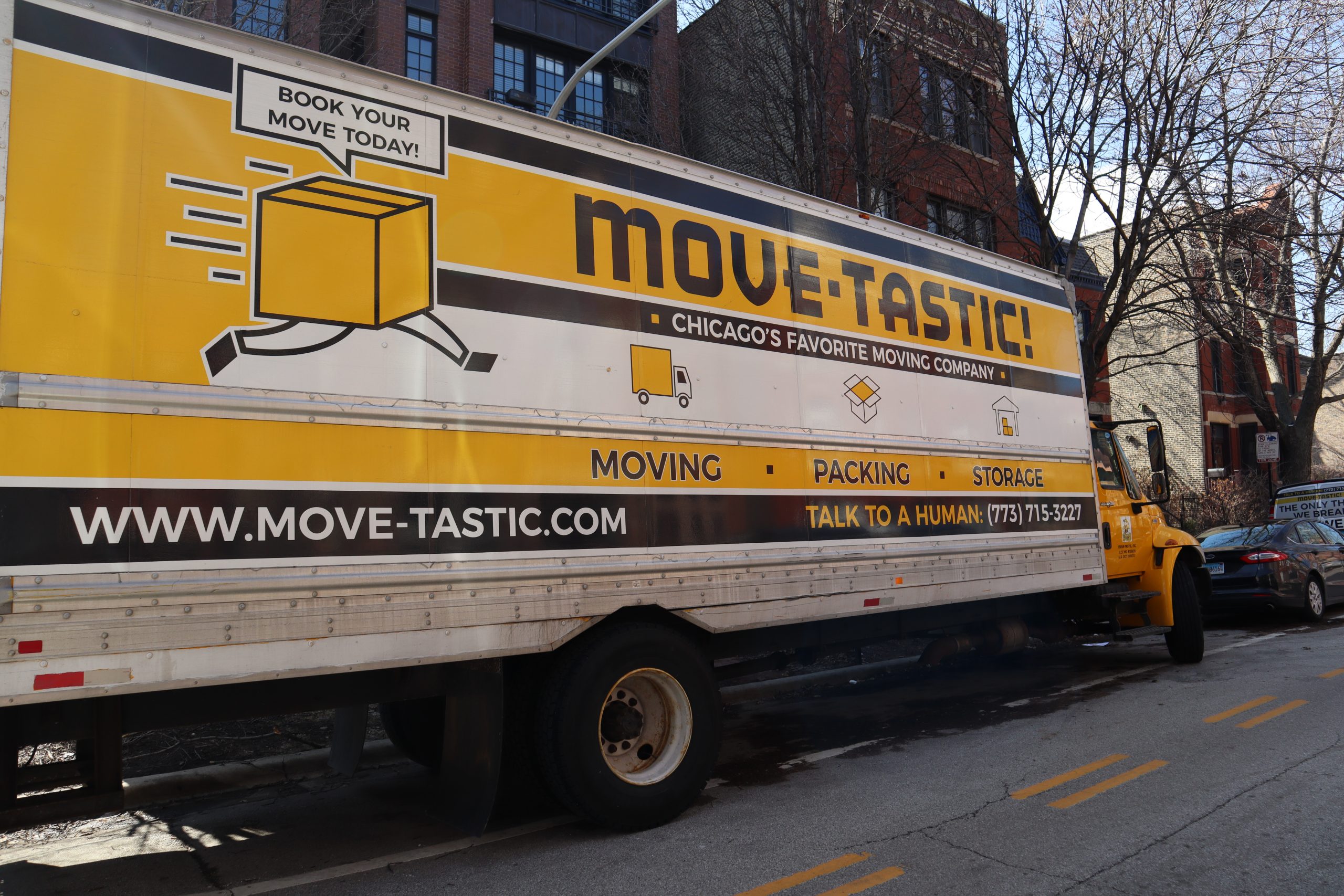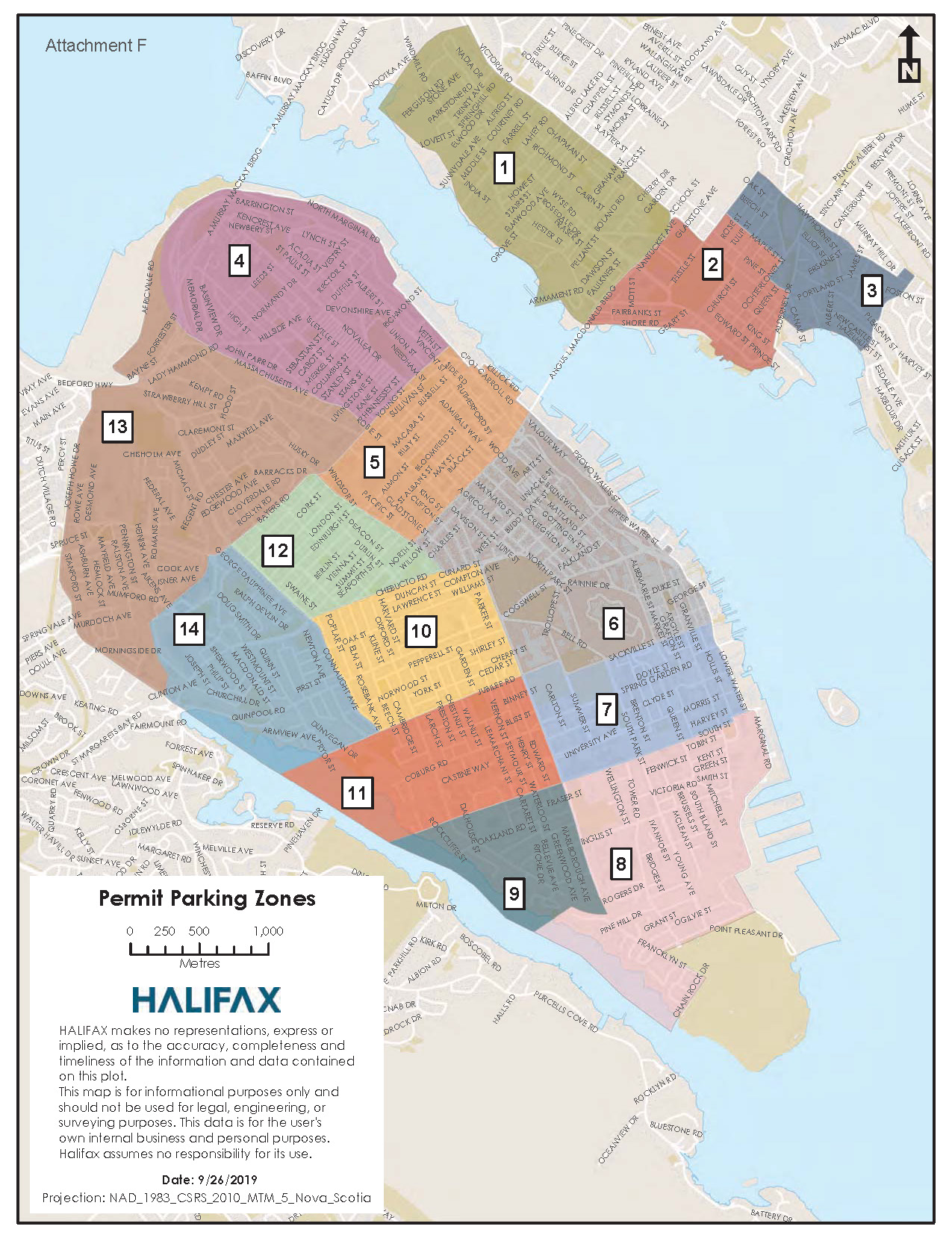Complete Guide to Permit Parking in Chicago: Regulations, Zones, and Enforcement
Navigating the complexities of permit parking in Chicago can be a daunting task. With its intricate regulations, designated zones, and strict enforcement measures, understanding the ins and outs of this system is crucial to avoid costly fines and hassles. This comprehensive guide will provide you with all the essential information you need to navigate permit parking in Chicago effortlessly.

City Of Chicago Department Transportation Driveway Permits – Transport – Source www.peregene.com
Pain Points of Permit Parking in Chicago
Finding a suitable parking spot in Chicago, especially during peak hours, can be a significant challenge. Adding to this, the city’s permit parking regulations can further limit parking availability, particularly in high-demand areas. Misinterpreting the regulations or failing to adhere to the designated zones can result in hefty fines and inconvenience.
Target of Permit Parking in Chicago
The primary objective of permit parking in Chicago is to prioritize parking for residents, businesses, and visitors in designated areas. By implementing permit parking regulations, the city aims to manage parking demand, reduce congestion, and ensure equitable access to parking spaces within neighborhoods.

New Parking Officers Keep City Moving – The Canada Times – Source www.thecanadatimes.com
Key Points
Understanding Permit Parking in Chicago
The Chicago Department of Transportation (CDOT) administers the city’s permit parking program. Residential Permit Parking (RPP) is available to residents living in designated areas, allowing them to park on certain streets near their homes. Business Permit Parking (BPP) is designed for businesses and their employees to park in specific zones. Visitor Permit Parking (VPP) allows non-residents to obtain temporary parking permits for specific durations.

Parking Permits | Parking | Online Portal | Halifax – Source www.halifax.ca
Zones and Enforcement
Chicago’s permit parking zones are clearly marked with signs indicating the type of permit required. RPP zones are typically designated by blue signs, while BPP zones are marked with green signs. Enforcement officers regularly patrol these areas to ensure compliance. Unauthorized parking in permit-only zones can result in fines ranging from $50 to $200, and vehicles may be towed at the owner’s expense.
History and Mythology
Permit parking in Chicago has a long and somewhat controversial history. Initially introduced in the 1950s to address parking congestion, the program has undergone several revisions over the years. Some residents and businesses have expressed concerns about its impact on parking availability and fairness.

Jehiah on Twitter: “Still no @NYPDTransport enforcement on the 40 – Source twitter.com
Hidden Secrets
Beyond the surface of permit parking regulations, there are some hidden secrets that can help you navigate the system more effectively. For instance, some RPP zones allow overnight parking, while others have time restrictions. Understanding these nuances can save you from unnecessary fines. Moreover, it’s worth noting that certain permit types, such as diplomatic or disability permits, may grant additional parking privileges.
Recommendations
To make the most of permit parking in Chicago, it’s recommended to plan ahead and apply for the appropriate permit well in advance. Familiarize yourself with the regulations and zones in your area to avoid any surprises. Be mindful of time restrictions and display your permit prominently to avoid citations. Additionally, consider using public transportation or ride-sharing services during peak hours to alleviate parking challenges.
FAQs about Permit Parking in Chicago
Residents can apply for RPP permits online or in person at the CDOT office. You will need to provide proof of residency and vehicle registration.
BPP zones are designated by green signs and are typically located near businesses and commercial areas.

New Parking Officers Keep City Moving – The Canada Times – Source www.thecanadatimes.com
VPPs are valid for up to 45 days and can be purchased online or at the CDOT office.
Unauthorized parking in permit zones can result in fines ranging from $50 to $200, and vehicles may be towed at the owner’s expense.
Tips for Permit Parking in Chicago
Fun Facts about Permit Parking in Chicago

Detroit’s Parking Upgrade: New Zones & Sunday Enforcement – Source content.bbgi.com
How to Get Help with Permit Parking in Chicago
For assistance with permit parking, residents can contact the CDOT at 312-744-7275 or visit the CDOT website. Businesses with questions about BPP can call 312-744-9250.
What to Do if You Receive a Parking Ticket
If you receive a parking ticket, you have the option to pay the fine online, mail in a payment, or contest the ticket in court. It is important to respond promptly to avoid additional fees and penalties.
Listicle of Permit Parking Types in Chicago
Conclusion of Complete Guide to Permit Parking in Chicago: Regulations, Zones, and Enforcement
Understanding the regulations, zones, and enforcement measures associated with permit parking in Chicago is essential for navigating this complex system effectively. By following the guidelines outlined in this guide, you can avoid costly fines, ensure convenient parking, and contribute to the overall management of parking demand in the city.